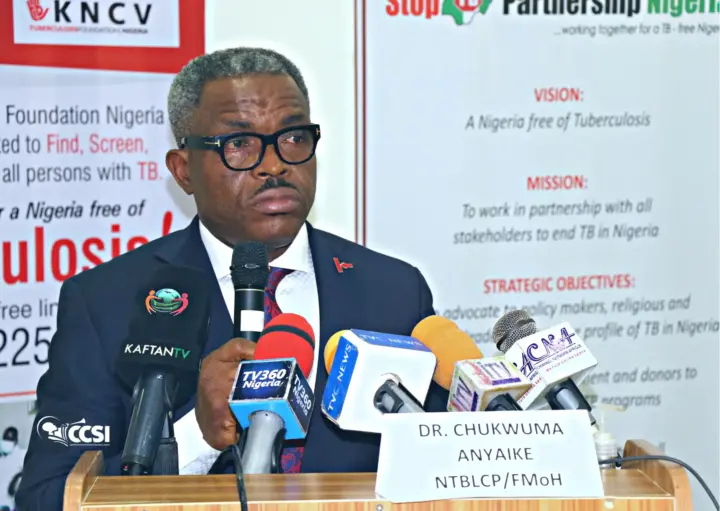The Ministry of Health and Social Welfare’s Coordinating Ministry has recently introduced a groundbreaking health policy known as the National Task Shifting and Task-sharing (NTSTS) policy. This initiative aims to revolutionize the prevention and control of noncommunicable diseases (NCDs) in Nigeria, specifically through primary healthcare facilities. The NTSTS policy acts as a crucial supplement to the existing Task-shifting and Task-sharing policy for Essential Health Care Services implemented by the ministry.
Dr. Anyaike Chukwuma, the Director of Public Health in the ministry, unveiled the policy, highlighting its strategic focus on addressing the escalating burden of non-communicable diseases, such as diabetes and hypertension. The core principle behind the NTSTS policy is the decentralization of comprehensive NCD prevention, diagnosis, care, treatment, and rehabilitation services to primary healthcare (PHC) facilities.
Dr. Anyaike emphasized the significant advantages of the NTSTS policy, notably in the early detection and timely treatment of simple, uncomplicated NCDs. He stressed the need for a multi-sectoral approach, including curriculum review and comprehensive training programs for PHC workers. The objective is to empower these frontline healthcare providers to effectively prevent and control prioritized NCDs in Nigeria.

“By implementing this policy, the country hopes to adopt a patient-centered approach, accelerate progress towards NCD prevention and control, achieve universal health coverage, and work towards the Sustainable Development Goals,” explained Dr. Anyaike. This patient-centric strategy aligns with broader global health goals, emphasizing a holistic and inclusive approach to healthcare.
The NTSTS policy, as described by Dr. Anyaike, involves shifting tasks to primary healthcare workers. This approach is expected to significantly reduce the reliance on more expensive treatments at higher levels of healthcare, thereby enhancing resource efficiency. Moreover, task shifting will optimize the use of existing human resources for health, allowing them to effectively address the increasing burden of chronic diseases. This redistribution of responsibilities is anticipated to save lives and enable physicians to concentrate on high-risk cases, ensuring more specialized and intensive care where necessary.
The adoption of the NTSTS policy in Nigeria represents a pivotal move in combating the escalating burden of non-communicable diseases at the primary healthcare level. Beyond its immediate benefits, the policy is projected to enhance access to NCD prevention and control services, improve patient care, and contribute to the overall advancement of the country’s healthcare system.
Nonetheless, it is imperative to comprehend the gravity of the non-communicable disease challenge globally. These diseases account for a staggering 74% of annual deaths worldwide, with a substantial 86% of these premature deaths occurring in low- and middle-income countries. In the context of Nigeria, NCDs contribute to nearly 30% of annual deaths, underscoring the urgent need to address this health crisis through innovative strategies implemented at the primary healthcare level.
The World Health Organization (WHO) recognizes the significance of devolving NCD care to primary healthcare centers, advocating for the utilization of task-shifting and task-sharing strategies. The introduction of the NTSTS policy aligns with global best practices endorsed by the WHO, reinforcing Nigeria’s commitment to tackling the complex challenges posed by non-communicable diseases.
In conclusion, the implementation of the NTSTS policy marks a progressive leap in Nigeria’s healthcare landscape. By empowering primary healthcare workers, fostering early detection, and streamlining resources, the country endeavors to mitigate the impact of non-communicable diseases and move closer to achieving comprehensive healthcare coverage for its population. The success of this policy holds the potential not only to transform health outcomes but also to serve as a model for other nations grappling with the escalating burden of non-communicable diseases.
Support InfoStride News' Credible Journalism: Only credible journalism can guarantee a fair, accountable and transparent society, including democracy and government. It involves a lot of efforts and money. We need your support. Click here to Donate
